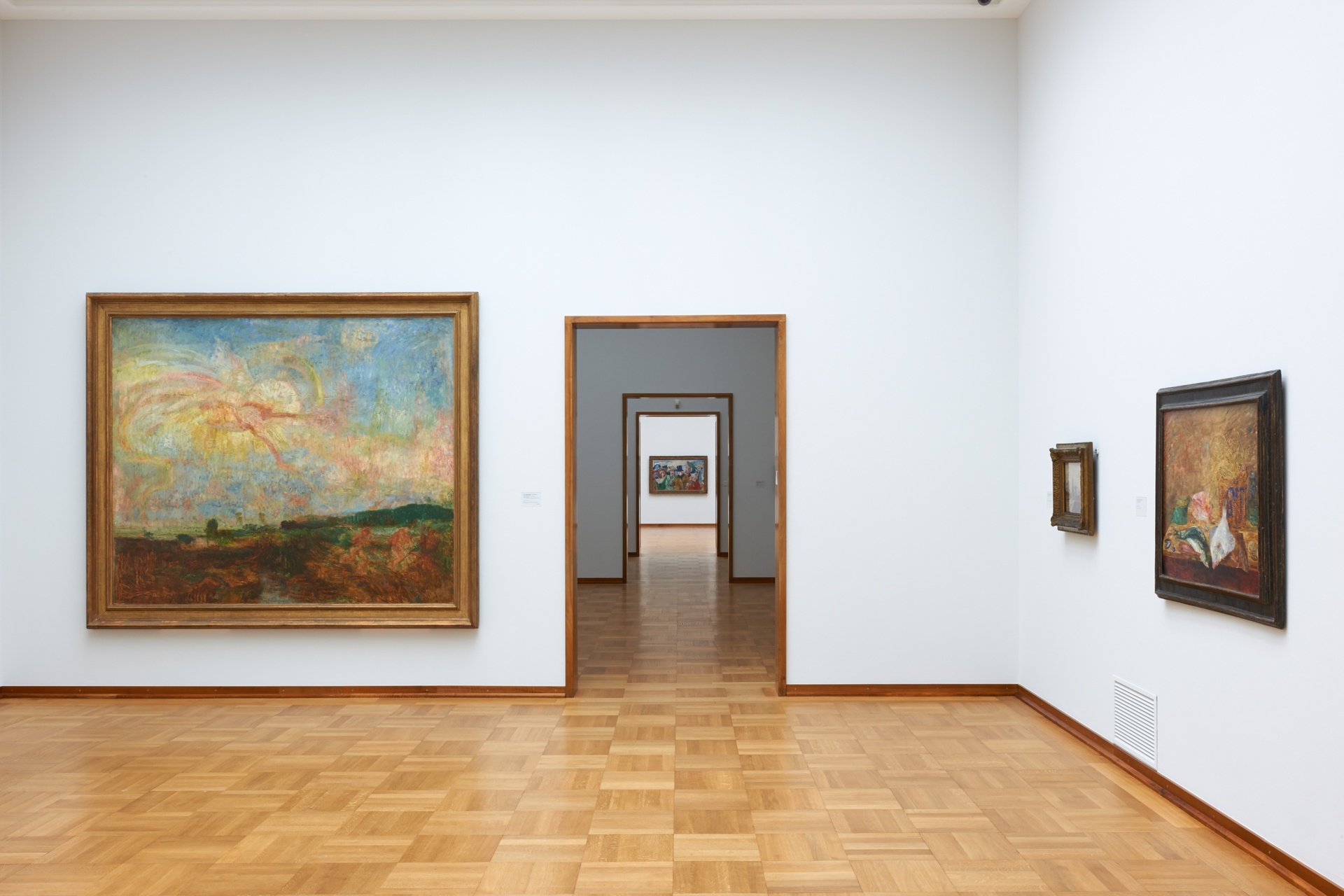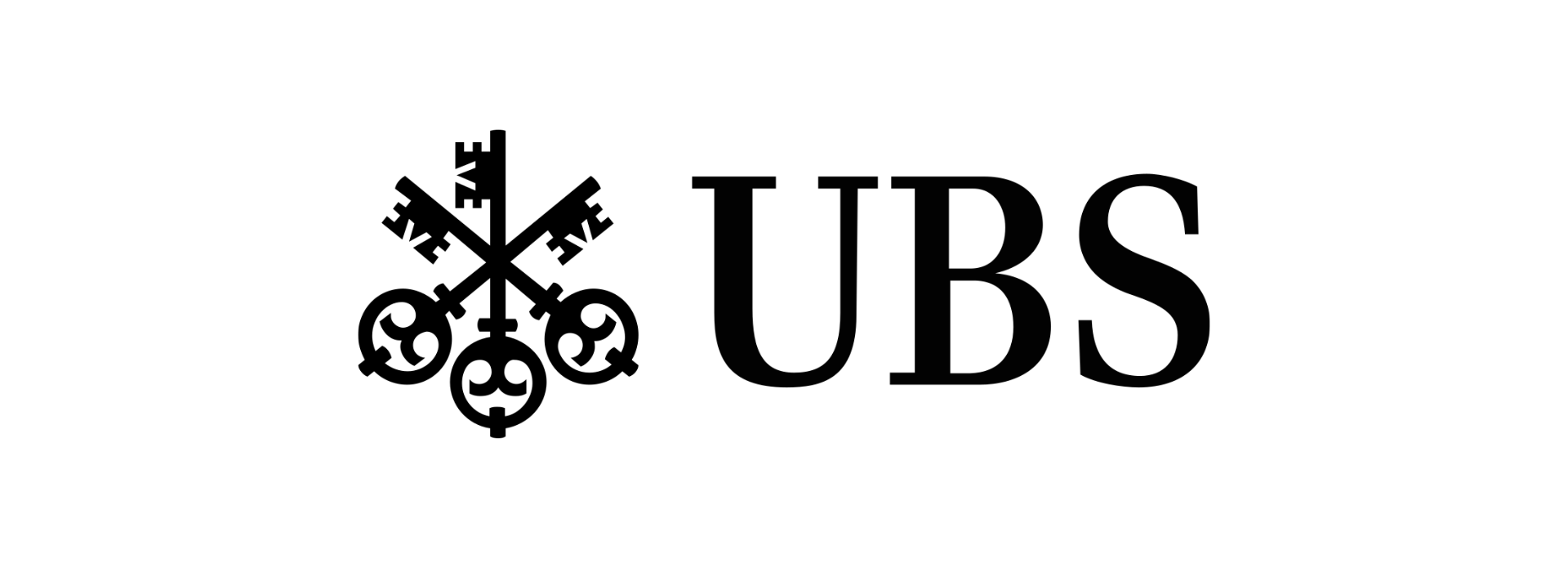The Surprised Masks
James Ensor
Ghosts, skulls, skeletons and other macabre forms characterise the work of James Ensor (1860-1949). His works are bizarre, ironic, sometimes aggressive and provocative, but always underpinned by profound humour. His unusual motifs reveal the absurdity and grotesqueness of everyday human life.
Ensor had wide-ranging interests: he was as enthusiastic about the Belgian carnival and Japanese masks as he was about Rembrandt’s graphic work. In the early 20th century, artists including Alfred Kubin, Paul Klee and the German Expressionists Emil Nolde and Ernst Ludwig Kirchner were inspired by his creative force and radical rejection of the ideal of beauty in European art history. The exhibition features almost 60 paintings and also many drawings that are showing for the first time.

